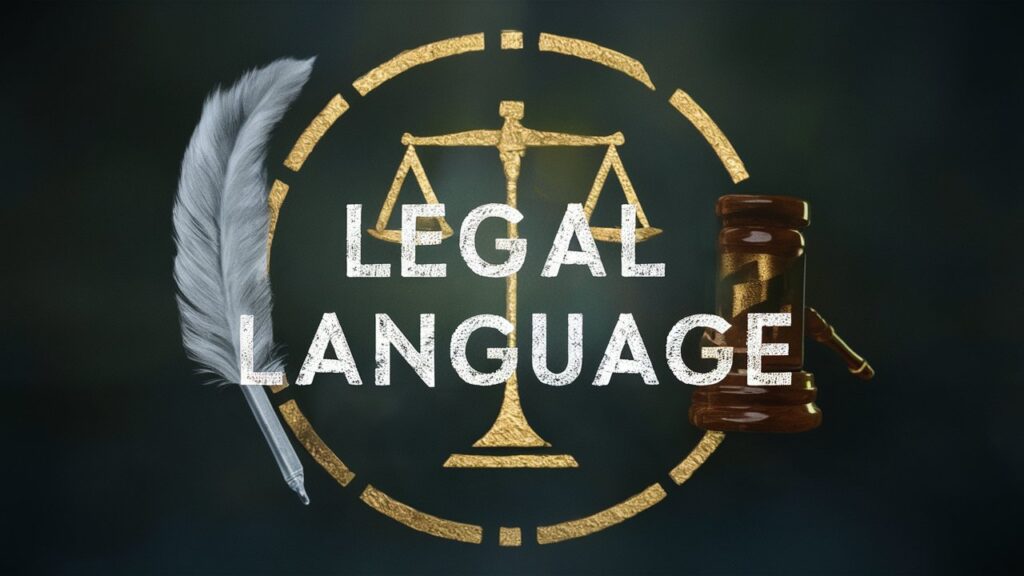LLB Semester 1
1) THE INDIAN CONTRACT ACT
The Indian Contract Act, 1872, is the primary legislation governing contracts in India.
It defines the term “contract” and provides the rules for forming a legally binding agreement between parties.
The Act outlines essential elements such as offer, acceptance, consideration,
and mutual consent.It also covers various types of contracts, including void,
voidable, and contingent contracts, and specifies the remedies available in case of breach.

2) LAW OF TORTS
The Law of Torts addresses civil wrongs that cause harm or loss to individuals.
It provides remedies to those affected by the wrongful acts of others.
Key principles include negligence, nuisance, defamation, and strict liability.
Unlike contract law, which deals with breaches of agreed terms,
tort law focuses on obligations imposed by law to prevent harm to others and provide compensation for injuries or damages.

3) LABOUR LAW
Labour law encompasses the statutes, regulations, and legal principles governing the relationship
between employers, employees, and trade unions.
It includes laws on employment terms, wages, working conditions, dispute resolution, and workers’ rights.
In India, significant labour laws include the Industrial Disputes Act, 1947, the Minimum Wages Act, 1948,
and the recently enacted Labour Codes aimed at simplifying and consolidating various labour regulations.

>>>>>Download<<<<<
4) LEGAL LANGUAGE
Legal language, also known as legalese, refers to the specialized language used in legal documents and proceedings.
It is characterized by precise, technical, and often complex terminology.
Legal language is designed to be unambiguous and authoritative, ensuring clear communication of legal rights, duties, and obligations.
Mastery of legal language is essential for legal professionals to draft documents, argue cases, and interpret laws accurately.

>>>>>Download<<<<<
